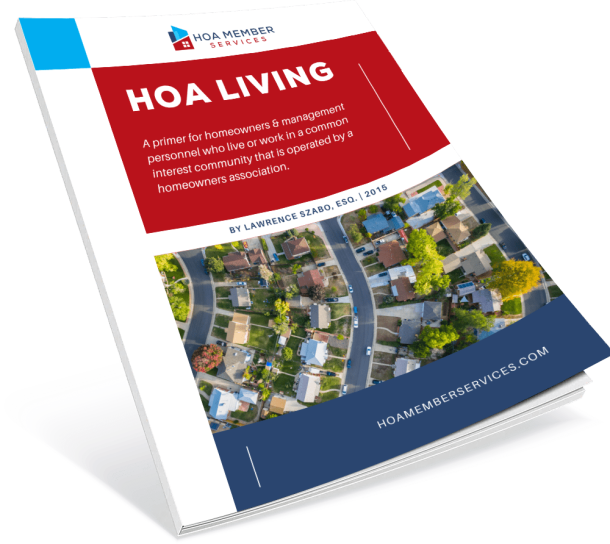Associations Must Maintain Proper Minutes
- Board of Directors, Books and Records
The only way to properly memorialize what transpired at meetings of owners, association directors, or committees is through the preparation of minutes of the meetings that are conducted. The minutes provide a record of the meeting and must be properly maintained in perpetuity as association records. Because they are the official records of proceedings and evidence of actions that were or were not taken, state laws and association governing documents mandate that minutes of meetings be maintained and retained.
Despite their importance, frequently the task of taking minutes and preparing them for approval by an association’s governing body is delegated to a person who lacks an understanding of the significance of the minutes and/or has not been properly educated on the process of preparing minutes of a meeting that has been conducted. As a result, the association does not maintain an accurate record of the proceedings that were to be documented in the minutes. The failure to maintain a proper record can have serious consequences for the association and those who participated in the meeting that was not properly documented in minutes of the meeting.
Purpose of Maintaining Minutes of Meetings
Minutes are maintained to create a permanent record of actions and deliberations of the body that is meeting. In the context of common interest developments, those bodies typically consist of the owner / members of the association, the directors of the association, and committees. The minutes properly identify the meeting, establish compliance with procedural requirements for conducting the meeting (that proper notice was given, and the necessary quorum was established), identify the various matters that were considered (the agenda), and the action that was taken including the granting of approvals and authorizations.
Minutes are also relied upon to demonstrate that the board or committee members satisfied their duty of care and fulfilled their fiduciary duties in connection with making their decisions.
Good Practices for Preparing Minutes
An association’s secretary is responsible for taking minutes of the board and membership meetings. The secretary can either personally prepare the minutes, or delegate the responsibility to another person, such as a property manager, and then sign the final minutes after they have been presented to and approved by the association’s board of directors. Committees that maintain minutes should designate a committee member to take minutes of their meeting.
The minutes of a meeting should not set forth a transcript of “who said what” at the meeting. The minutes should reflect what was done at the meeting such as discussions, deliberations, decisions that were made, and the reasons for those decisions and the resulting action that was taken. Essential information that should be included in the minutes of a meeting include:
Subscription Required to Continue Reading
To view the full HOA Featured Article, you must have a Subscription with HOA Member Services
Become a Member
Personal Monthly
-
Access to over 600 Articles & Case Decisions
-
Access to hundreds of Resources
-
HOA Newsletter
-
Free Copy of HOA LIVING
-
25% OFF Download Forms
-
1 User
Personal
-
Access to over 600 Articles & Case Decisions
-
Access to hundreds of Resources
-
HOA Newsletter
-
Free Copy of HOA LIVING
-
25% OFF Download Forms
-
1 User
Pro
-
Access to over 600 Articles & Case Decisions
-
Access to hundreds of Resources
-
HOA Newsletter
-
Free Copy of HOA LIVING
-
Free Unlimited Access to Download Forms (save $1000s!)
-
Unlimited Personal Support from HOA Attorney
-
1 User
HOA Team
-
Access to over 600 Articles & Case Decisions
-
Access to hundreds of Resources
-
HOA Newsletter
-
Free Copy of HOA LIVING
-
Free Unlimited Access to Download Forms (save $1000s!)
-
Unlimited Personal Support from HOA Attorney
-
Up to 10 Users

